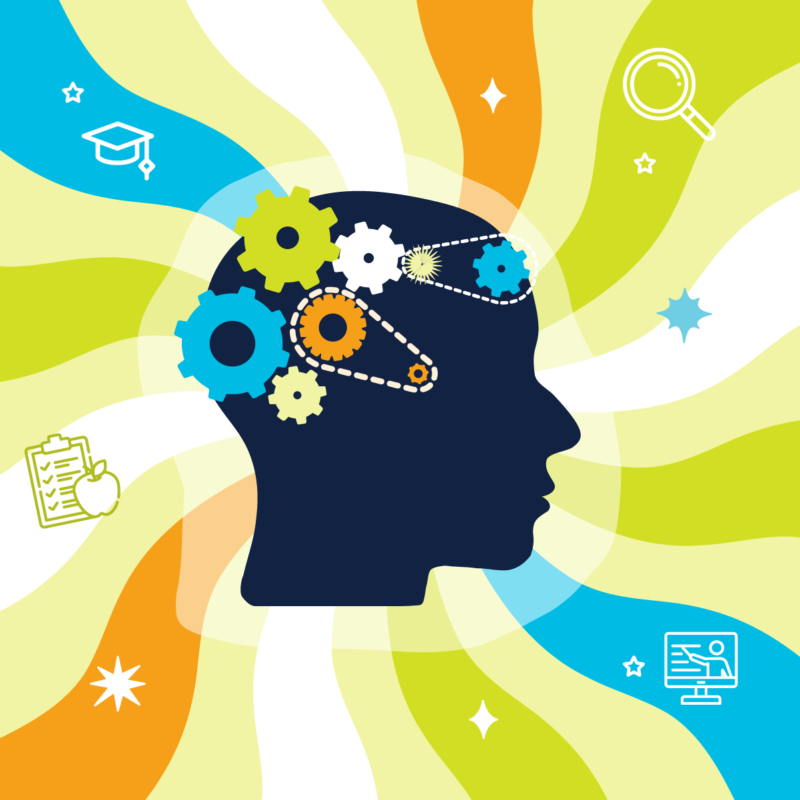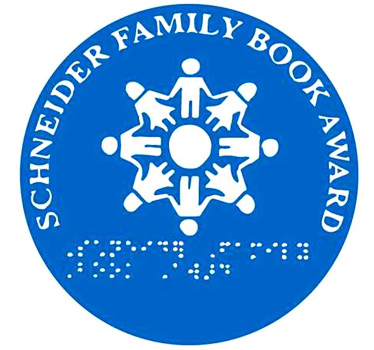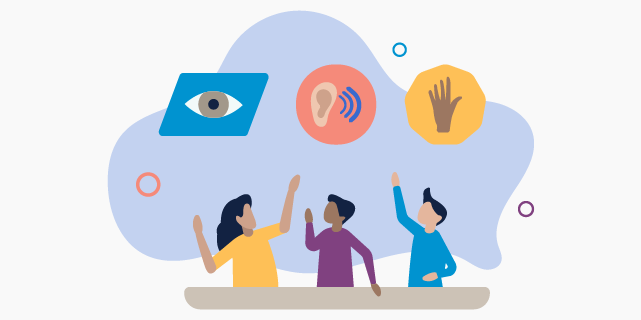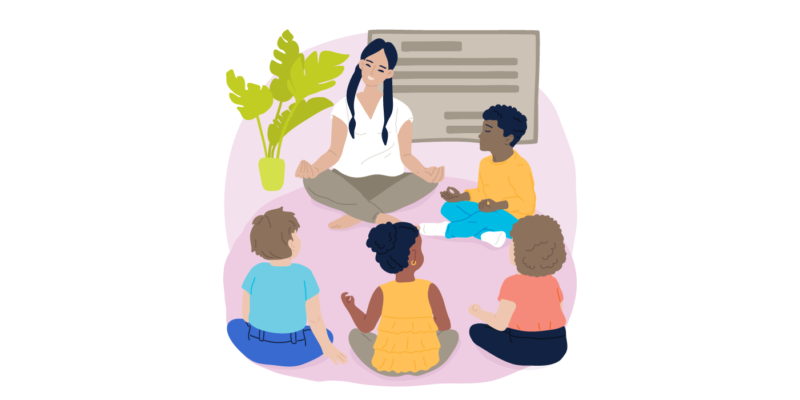
Learning Differences & Me: My Perfect Day
It’s important children with learning differences to take time to recognize and celebrate their strengths. Read more >>
Request an Appointment
English: 650.688.3625
Medi-Cal: 650.688.3650

Learning Differences & Me: My Perfect Day
It’s important children with learning differences to take time to recognize and celebrate their strengths. Read more >>

Executive Function Is the Secret Ingredient to Student Success
Executive function is the mechanism by which our brains manage and prioritize our thoughts, working memory, emotions and actions; Harvard researchers call it our brain’s air traffic control system. Given the incidence of executive function issues in youth, as a Read more >>

Learners with ADHD: Effective Strategies for Educators
Building a learning environment structured to support learners with ADHD can help boost student confidence and academic achievement. Read more >>

3 Early Signs of Autism Spectrum Disorder (ASD)
Many children on the autism spectrum may show developmental differences during their infant and toddlers years, especially in social and language skills. Read more >>

American Library Association Recognizes Books for Their Portrayal of the Disability Experience
The American Library Association (ALA) announced the winners of the 2023 Schneider Family Book Awards. Read more >>

When you hear a sound, how do you respond? You might choose to ignore it or investigate its source. This process of using our senses to interpret a situation and respond in a purposeful way is called sensory integration. When Read more >>

ADHD is usually diagnosed in children; however, it often persists across one’s lifespan. Learn more about ADHD symptoms at different ages. Read more >>

Managing Mental Health & Behavior in the K-8 Classroom
Increasingly, educators are being asked to manage not just the academic and social-emotional wellbeing of their students, but also address mental health challenges and learning differences in the classroom. Read more >>

Disability Resources on Campus [web resource]
Nearly every college and university in the US has an office on campus that works with students who have disabilities. The office is responsible for making sure that campus classes, programs, buildings and other facilities, and services are accessible to Read more >>

How to Get the Right IEP or 504 for Your Child’s Learning Disabilities
It can be tough for any parent to get the special education services their kids need, but it’s especially tricky for Black and Hispanic parents. Read more >>
English: 650.326.5530 | Español: 650.688.3650 | Fax: 650.688.3669
English: 650.326.5530
Español: 650.688.3650
Fax: 650.688.3669
English: 650.668.3625 | Español: 650.688.3650 | careteam@testing.chconline.org
English: 650.668.3625
Español: 650.688.3650
careteam@testing.chconline.org
© 2024 Children’s Health Council. All rights reserved.
CHC Palo Alto: 650 Clark Way, Palo Alto, CA 94304 | 650.326.5530
CHC South Bay: 2280 Kenwood Avenue, San Jose, CA 95128 | 408.831.7512
CHC Ravenswood: 1765 E Bayshore Rd, East Palo Alto, CA 94303 | 650.702.2487
CHC Palo Alto:
650 Clark Way, Palo Alto, CA 94304
650.326.5530
CHC South Bay:
2280 Kenwood Avenue, San Jose, CA 95128
408.831.7512
CHC Ravenswood:
1765 E Bayshore Rd, East Palo Alto, CA 94303
650.702.2487